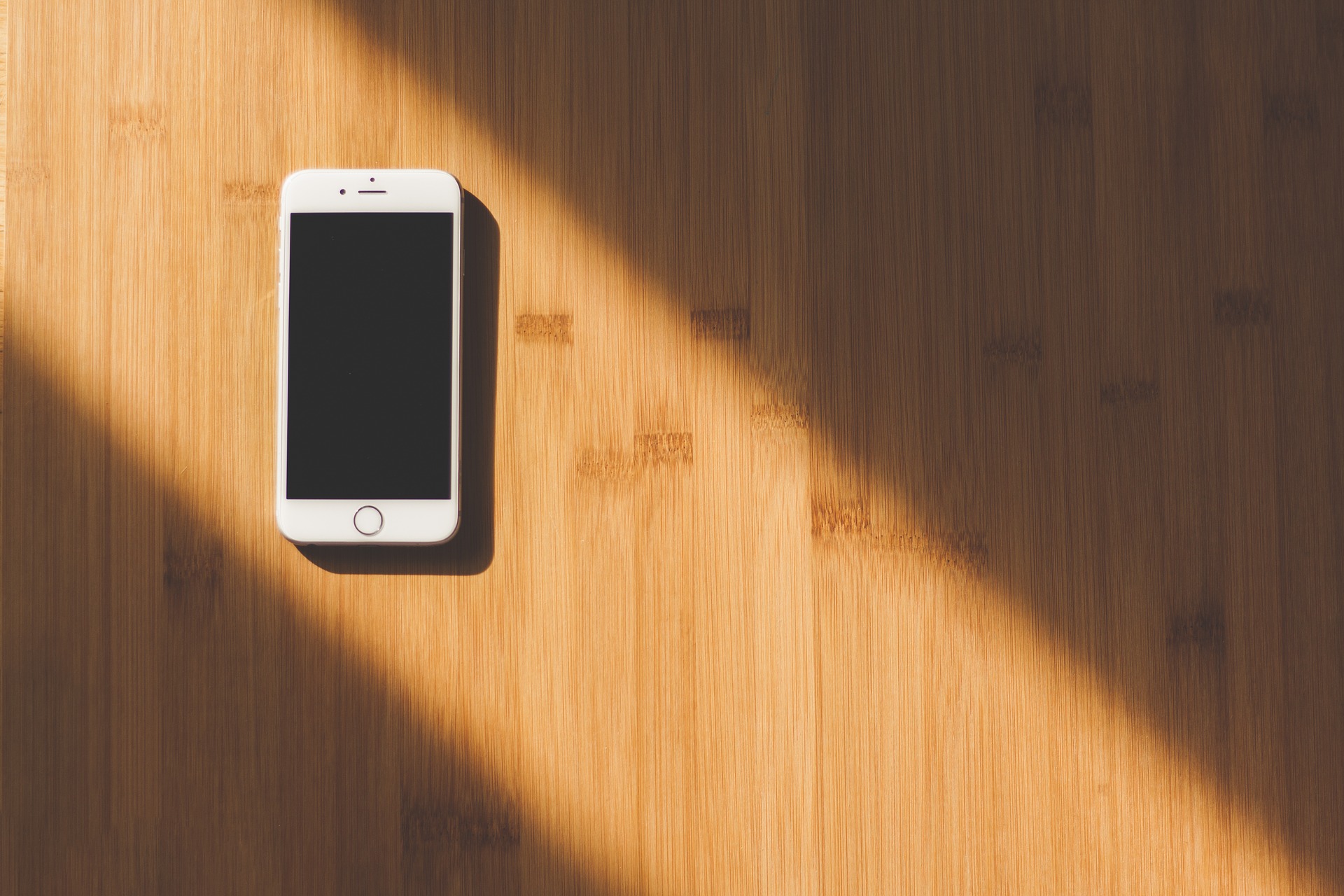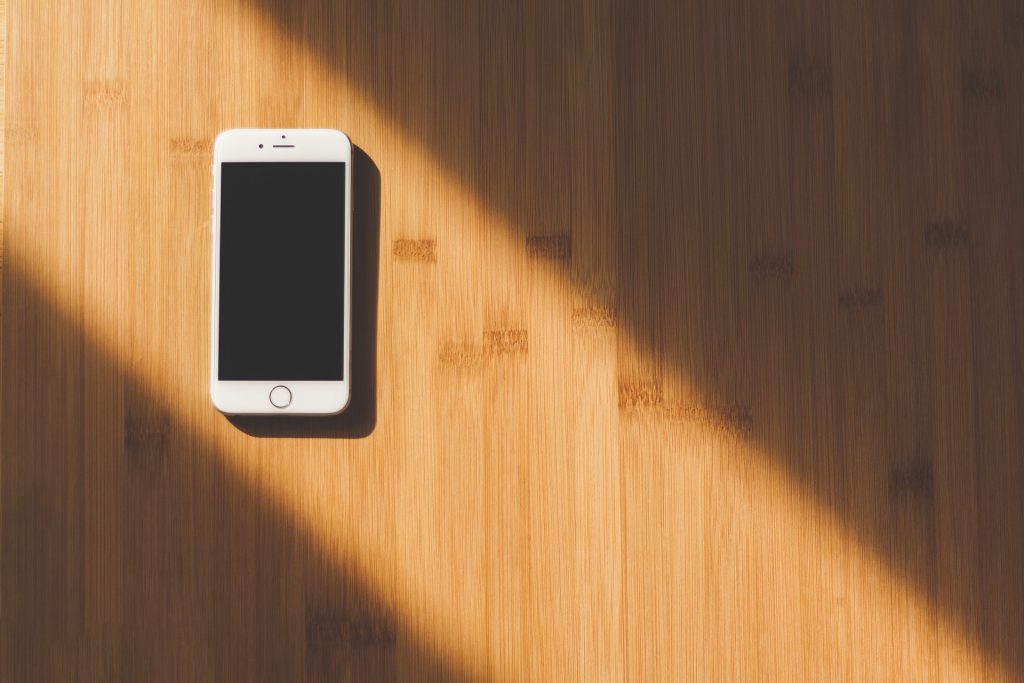I Told You So!
I know. I’m know I over-reacting. But sometimes it feels good to be able to say, “I told you so.”
Many years ago, students taking classes at Basic Skills began to bring technology with them- cell phones. I thought this was totally unnecessary. I thought it would become a big-time distraction and get in the way of education. If a parent needed to reach their student, they could call the office and we would relay the message to them. My appeal to make Basic Skills a “technology free zone” except for the purposes of learning was naïve. I had no idea what was coming, all supposedly serving the interests of being connected.
Carrying a phone in those days was a status symbol. And, having it go off in class underscored your inclusion and membership in an elite class. One of our writing teachers, Natalie Trust, had a very creative and direct way of handling the distractions of phones going off in class. If a student’s phone rang, he or she lost total credit for whatever was taking place that day. If Natalie was giving a quiz or test, that would be a zero. Involved in a group writing activity, or peer editing? Again, no credit. And, every once in while when a phone began to ring, she’d calmly walk over and answer it. Now that was embarrassing. After just a few of these instances, the disruptions stopped. The students turned their phones off.
They got the idea.
- Only one week left to get a $15 Exodus book credit when you register for high school classes. Offer ends August 22. Click to find out more.
So now, years later, I have some research to back up my original position. A few weeks ago, the results of a study at Rutgers university measuring the impact of phones and tablets in the classroom were released. Their findings:
Students perform less well in end-of-term exams if they are allowed access to an electronic device, such as a phone or tablet, for non-academic purposes in lectures, a new study in Educational Psychology finds.
Students who don’t use such devices themselves but attend lectures where their use is permitted also do worse, suggesting that phone/tablet use damages the group learning environment.
The study found that having a device didn’t lower students’ scores in comprehension tests within lectures, but it did lower scores in the end-of-term exam by at least 5%, or half a grade. This finding shows for the first time that the main effect of divided attention in the classroom is on long-term retention, with fewer targets of a study task later remembered.
The study’s lead author, Professor Arnold Glass, added: “These findings should alert the many dedicated students and instructors that dividing attention is having an insidious effect that is impairing their exam performance and final grade.
You can read the entire article here ( https://phys.org/news/2018-07-students-grade-exams.html.)
And so I say, “I told you so.” And by the way, Natalie’s policy of zero tolerance remains in effect to this day. Most students in her writing classes do get higher grades as a result.
Thanks for reading!
Curt Bumcrot, MRE
You can find out more about Natalie’s writing classes here. Sign up today to insure getting a seat in her class.








